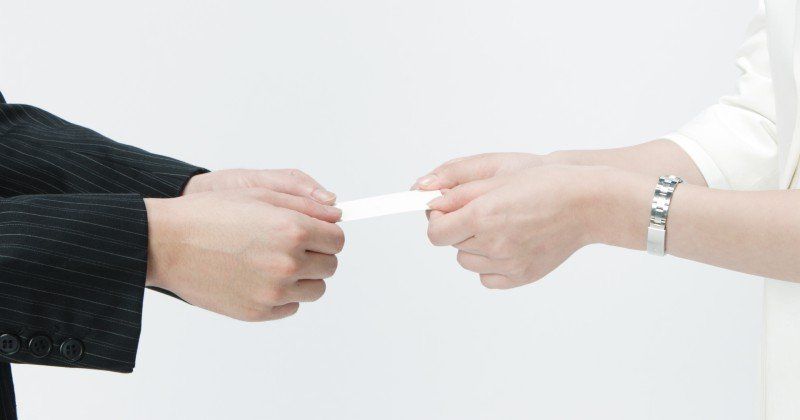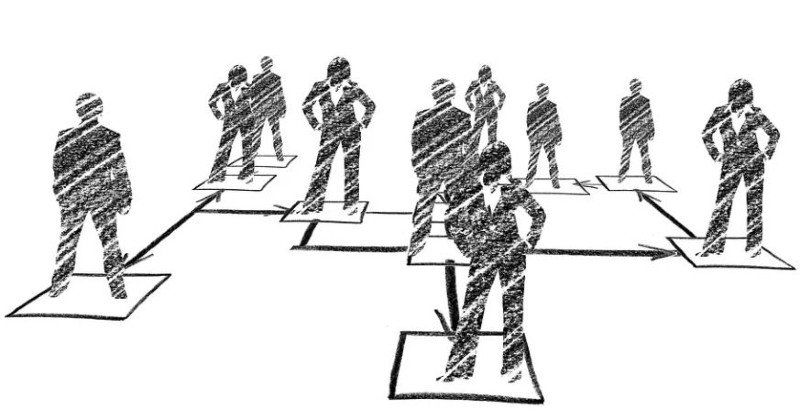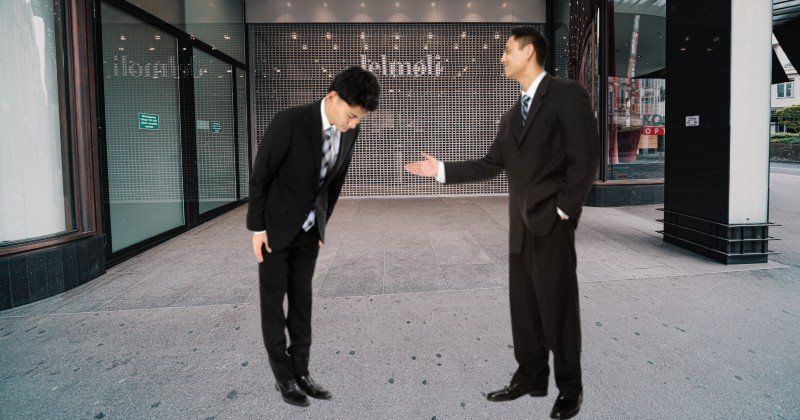There are many people who are improving their lives by taking a positive view of the opportunities that can be gained during a pandemic. It will be important to develop skills that can flexibly respond to change and increase your own market value. Although the pandemic is not yet at an end, why not use "With Corona" as a positive opportunity for personal growth?
How has COVID 19 changed the way you work in Japan?
The pandemic has given birth to a new way of life in Japan: "With Corona".
As a result of the pandemic regulations, the way we work and the values about working have changed dramatically.
Remote work has become a common practice
In Japan, there used to be few companies that understood remote work. However, after the first emergency declaration was issued in April 2020, remote work became much more common.
Remote work has now become a regular practice in many companies, as seen in online business meetings on Zoom, and internal communication using Teams.
Remote work has become one of the new ways of working "with Corona", as it increases work efficiency through the use of such online tools and improves productivity.
Change in personnel evaluation to performance-based
Remote work has also changed the way we evaluate personnel.
In the past, personnel evaluations in Japanese companies were mainly based on work hours and face-to-face evaluations by managers.
However, as remote work has made it more difficult to manage employees' working hours and has reduced the opportunities for face-to-face contact with employees, the old evaluation system can no longer be used correctly.
For this reason, more and more companies are introducing a "performance-based" approach to personnel evaluation, evaluating employees based on their work performance.
Increase in side jobs
In the past, employees in Japan did not often have side jobs, and it was common for them to work for one company for a long time. However, due to the deterioration of company performance caused by the pandemic, companies have started to promote side jobs to their employees, and more and more people are starting to do side jobs. The fact that remote work has eliminated commuting time has also accelerated this trend.
Although the number of companies that promote side jobs is still small, it is said that the number will continue to increase in the future. There are also people who use their side jobs experience to improve their skills, increase their own market value, and change jobs for better conditions.
Increase in the number of freelancers
The number of people working as freelancers has doubled compared to the pre-pandemic period due to the worsening performance of companies and closures caused by the pandemic.
The pandemic has also led to an increase in the number of people who have taken the opportunity to reevaluate their traditional ways of working, such as the stress of crowded trains and long working hours, and try to spend more time with family and friends.
More and more people are reevaluating their way of life and choosing entrepreneurship or freelancing as a way of working that does not rely on a company.
Browse by Topic














